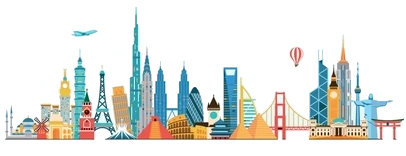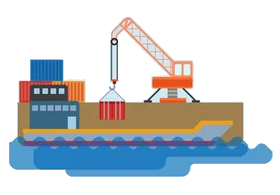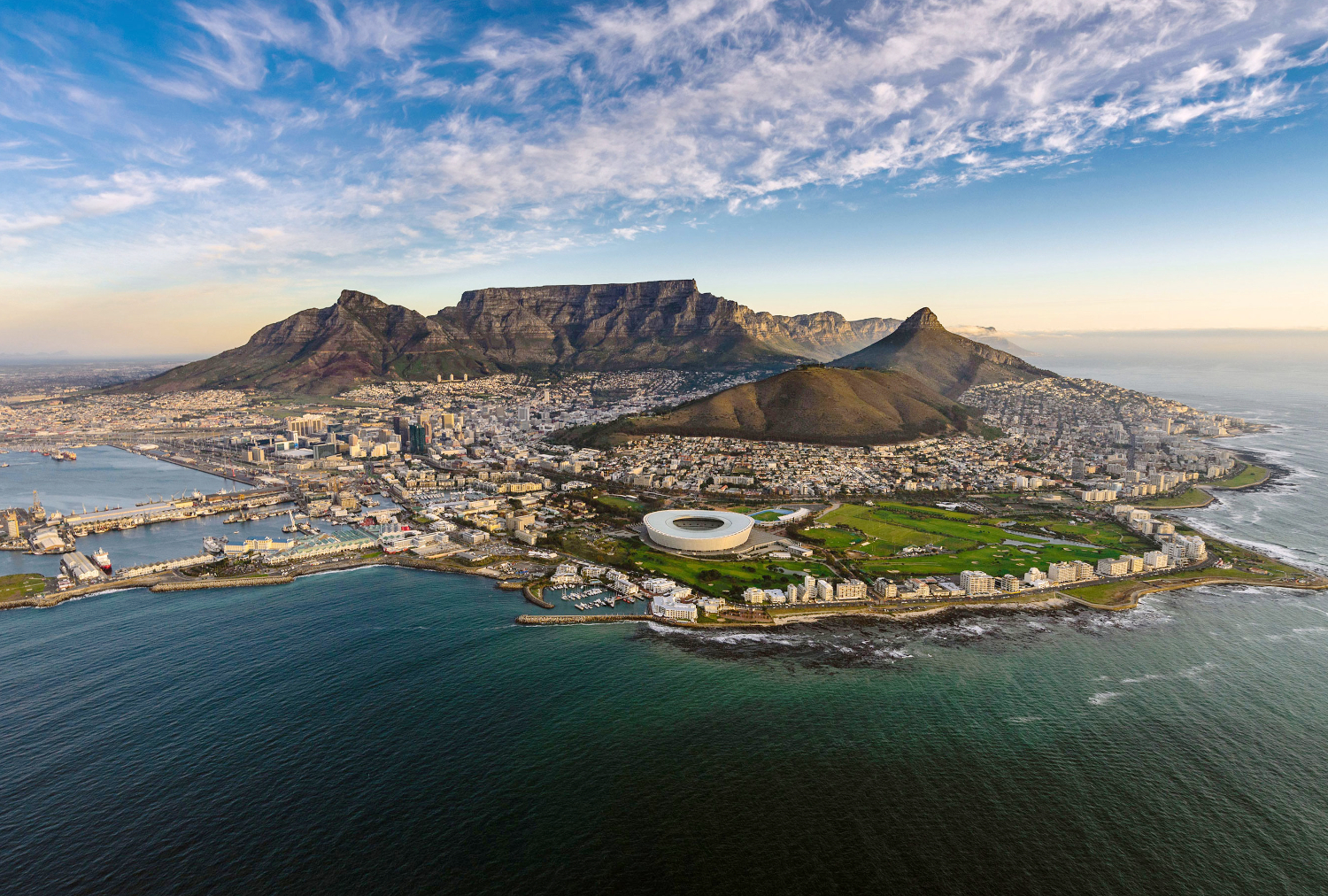
English Encyclopedia
 FIFA Fussball-Weltmeisterschaft 2010
FIFA Fussball-Weltmeisterschaft 2010
 FIFA Fussball-Weltmeisterschaft 2010
FIFA Fussball-Weltmeisterschaft 2010

 International cities
International cities
 *World Design Capital
*World Design Capital
 Silk road
Silk road

 Sport
Sport
 The Ocean Race
The Ocean Race
 South Africa
South Africa

 Important port
Important port

Cape Town (Afrikaans: Kaapstad [ˈkɑːpstat]; Xhosa: iKapa; Dutch: Kaapstad; South Sotho: Motse Kapa) is the oldest city in South Africa, colloquially named the Mother City. It is the legislative capital of South Africa and primate city of the Western Cape province.[7] It forms part of the City of Cape Town metropolitan municipality.
The Parliament of South Africa sits in Cape Town.[8] The other two capitals are located in Pretoria (the administrative capital where the Presidency is based) and Bloemfontein (the judicial capital where the Supreme Court of Appeal is located).[9] The city is known for its harbour, for its natural setting in the Cape Floristic Region, and for landmarks such as Table Mountain and Cape Point. Cape Town is home to 64% of the Western Cape's population.[10] It is one of the most multicultural cities in the world, reflecting its role as a major destination for immigrants and expatriates to South Africa.[11] The city was named the World Design Capital for 2014 by the International Council of Societies of Industrial Design.[12] In 2014, Cape Town was named the best place in the world to visit by both The New York Times[13] and The Daily Telegraph.[14]
Located on the shore of Table Bay, Cape Town, as the oldest urban area in South Africa, was developed by the Dutch East India Company (VOC) as a supply station for Dutch ships sailing to East Africa, India, and the Far East. Jan van Riebeeck's arrival on 6 April 1652 established Dutch Cape Colony, the first permanent European settlement in South Africa. Cape Town outgrew its original purpose as the first European outpost at the Castle of Good Hope, becoming the economic and cultural hub of the Cape Colony. Until the Witwatersrand Gold Rush and the development of Johannesburg, Cape Town was the largest city in South Africa.

Durban (/ˈdɜːrbən/ DUR-bən) (Zulu: eThekwini, from itheku meaning 'the port'), nicknamed Durbs,[7][8] is the third most populous city in South Africa after Johannesburg and Cape Town and the largest city in the South African province of KwaZulu-Natal. Durban forms part of the eThekwini Metropolitan Municipality, which includes neighbouring towns and has a population of about 3.44 million,[9] making the combined municipality one of the largest cities on the Indian Ocean coast of the African continent. Durban was one of the host cities of the 2010 FIFA World Cup.
Durban was formerly named Port Natal due to its position as the chief seaport of South Africa, and its location on the Natal Bay of the Indian Ocean.[10] Durban is an ethnically diverse city, with large Zulu, British, and Indian populations.